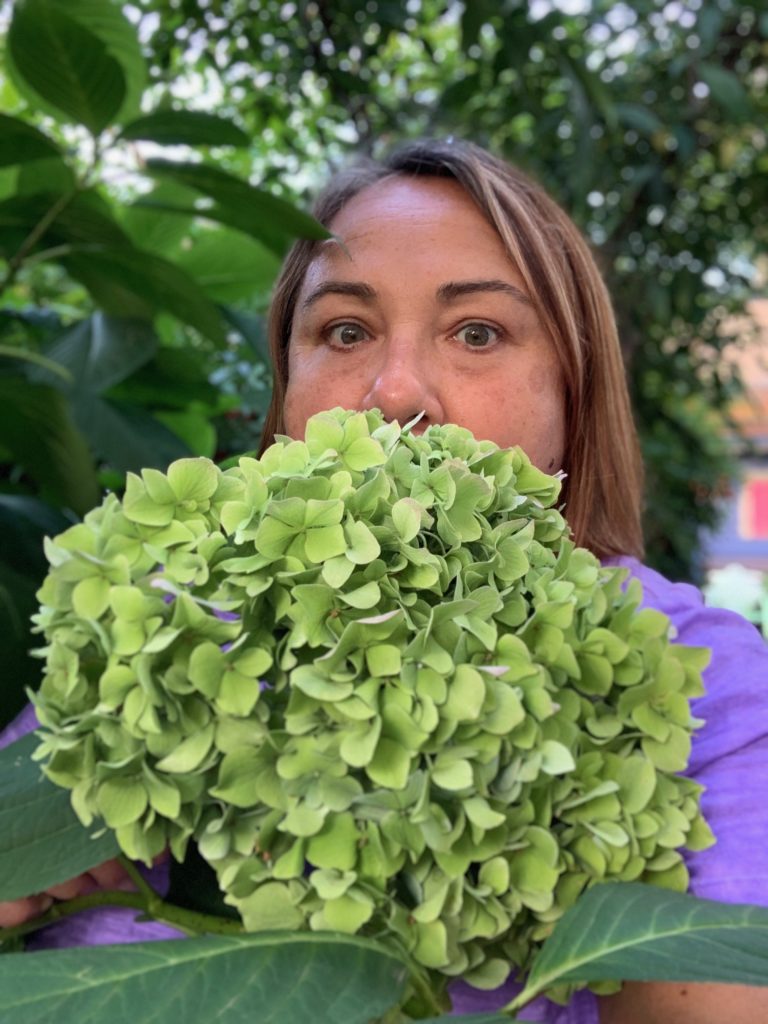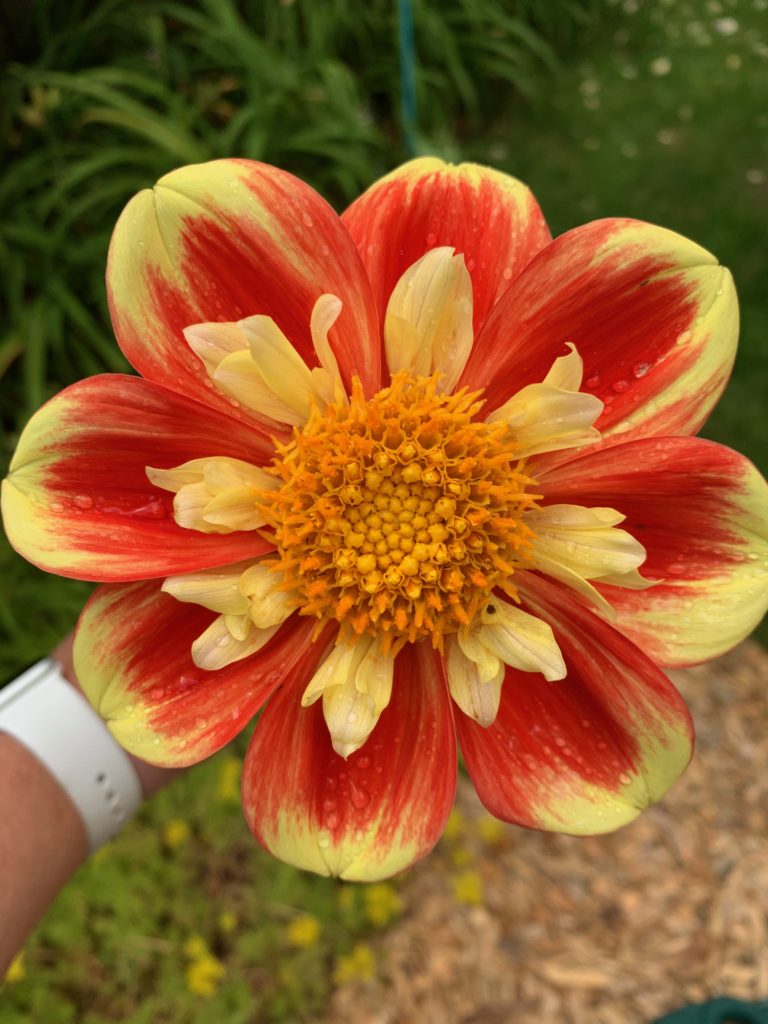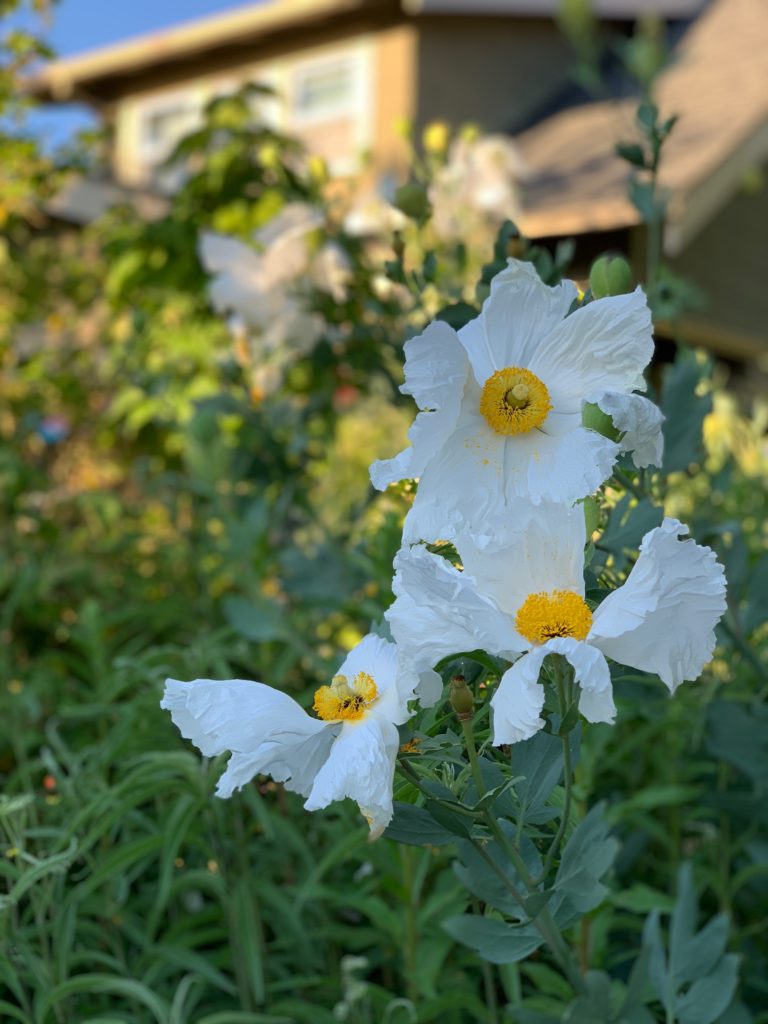The Master Gardener Program began in Washington State in 1973, when David Gibby and Bill Scheer (who were then Washington State University Extension agents) proposed recruiting and training volunteers who could respond to gardeners’ questions as a way to serve the needs of home and community gardeners (Gibby et al., 2008). Since that time, the program has endured and expanded. Today, Master Gardener programs are active in all 50 states, nine Canadian provinces, and in South Korea (Langellotto et al. 2015), and most recently, Puerto Rico!
Receiving and responding to the public’s gardening questions remains a core part of our mission. In 2019, for example, a total of 6,321 questions were submitted to OSU Extension through eXtension’s Ask an Expert Service. Of these, 4,925, or 78%, were related to home gardening, insect identification, urban forestry, or other questions commonly fielded by Master Gardeners. Of the 4,925 Ask an Expert questions that were related to home gardening, Master Gardener volunteers fielded and answered 3,650 questions, or 58% of all of OSU Extension’s Ask an Expert questions in 2019. And, these numbers do not include the thousands of gardening questions that are fielded and answered by Master Gardener volunteers at Plant Clinics located in Extension offices, at Farmer’s Markets, or at other sites.
When COVID-19 hit, it put a halt to all in-person Master Gardener activities, including Plant Clinics in Extension offices and at Farmer’s Market. Now that many Oregon counties have entered Phase 2 of the Governor’s Plan to Re-Open Oregon, some Oregon State University Extension Offices are moving from a restricted operations model to a modified operations model. Master Gardener Programs in at least two counties have included in-office Plant Clinics as part of the Modified Operations Plan for their County Extension Office.
In case you are thinking of resuming in-person Plant Clinics, here are some things to keep in mind:
- According to OSU Extension’s Decision Tree for Adult Learners, in-person Plant Clinic activities can not occur during the ‘Restricted Operations Phase’ (i.e. counties in Phase 1), but can be considered for counties in the ‘Modified Operations Phase’ (i.e. counties in Phase 2).
- If your Plant Clinic activities can be effectively accomplished, remotely, you should continue to focus on remote delivery of this public service. However, as we know, many Plant Clinic questions yield better answers if clients can drop off a plant or pest sample. Also, many of our clients are not able to submit Plant Clinic questions, online. Finally, some Master Gardeners have limited internet access, and are not able to easily access and answer questions in an online environment. If these scenarios describe your situation, and if it is safe and prudent to do so, you may want to consider resuming Plant Clinic in your County Extension Office.
Additional Things to Consider For Plant Clinics in OSU Extension Offices:
- The public may not be allowed into the Extension office, even during the Modified Operations phase. You thus should consider putting out a station where clients can drop off plant samples and/or questions. For Master Gardener volunteers that are not able to access and answer questions, online, this station can also serve as the pickup site for plant samples and questions. Think about how samples can be submitted and retrieved, in a safe and sanitary way.
- You will want to limit the number of volunteers working in an Extension Office Plant Clinic, so that adequate social distancing can be maintained, and should have a sign-up system in place for Clinic shifts. Volunteers must complete the OSU Extension COVID-Awareness training prior to participating. Volunteers must agree to relevant OSU policies prior to participating, including OSU’s policy on face-coverings in public and common settings.
- Volunteers who are high risk for serious illness from COVID-19 should not participate in face-to-face volunteer activities. Volunteers who are sick or who have been in contact with someone who has COVID-19 or symptoms that are consistent with COVID-19 are to refrain from participating.
- If you are confident that your county and your Master Gardener Program is in a good position to restart Extension Office Plant Clinics, work with your Office Manager to write Plant Clinic into the County Extension Office Phase II reopening plan. The plan will be routed to your Regional Director, and then to OSU administrators for review and approval.
- Remember that the health and safety of you, your colleagues, volunteers, and community is paramount. It is better to err on the side of health and safety. Do not rush to re-open in-office Plant Clinics if it is not prudent to do so, at this time.
For Plant Clinics at Outdoor Farmer’s Markets or Other Outdoor Sites
Plant Clinics at Outdoor locations are surprisingly more complicated to consider. This is because our Outdoor Plant Clinics are usually held in conjunction with a collaborating organization, which will require communication and coordination before an Outdoor Plant Clinic can resume. In addition, our Outdoor Plant Clinics are often held in spaces where the general public gathers, such as a Farmer’s Market or retail site.
Because the health and safety of our volunteers is paramount, I don’t think that it makes sense to set up outdoor Plant Clinics at this time. If we did, we would be putting rotating shifts of volunteers in direct contact with a large number of people. For this reason, I would suggest holding off on Outdoor Plant Clinics at Markets and Retail sites, at least until we move into Phase 3 of county re-openings.
Let’s recap how Master Gardener activities have been approved, thus far, during this COVID-19 crisis and Oregon’s phased approach to re-opening. I think it is important to recap what has been approved, thus far, because we are seeing some counties be moved down to a earlier phase, as case counts rise.
- Baseline: during baseline phase, we were under the Governor’s ‘Shelter in Place’ order. During this phase, we received approval to work with community partners with distribute plants in our communities. A key point to this approval was that the community partners served as the distribution site during this phase, to limit the OSU faculty, staff, and volunteer travel and gatherings.
- Phase 1 / Restricted Operations: during this phase, we received approval to resume work in Master Gardener demonstration and community gardens.
- Phase 2 / Modified Operations: during this phase, we are just starting to see some counties receive approval to resume Plant Clinics in Extension offices.
- Phase 3 / Full Return (Yet to Come ~ Date Unknown): is when we expect to see a return to in-person classes, meetings, and events.
3/21/21 Update:





